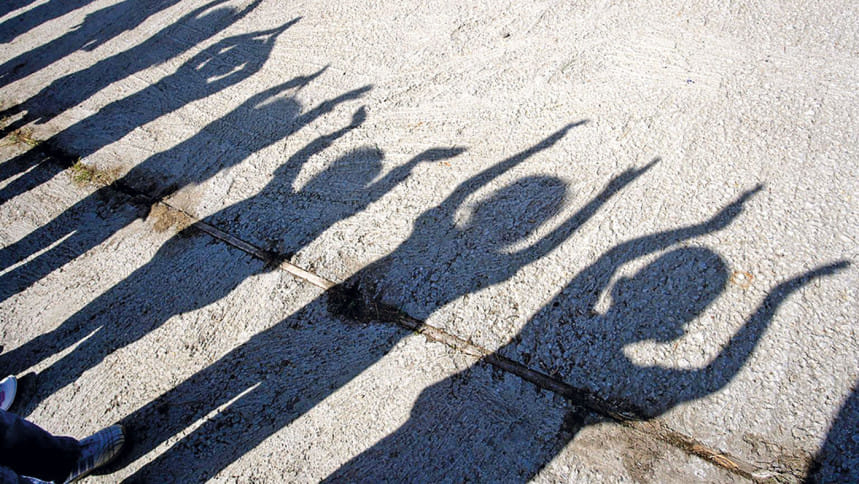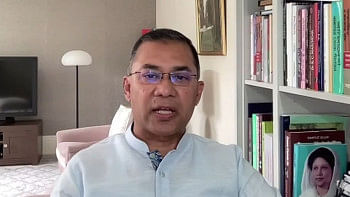The struggles of the Child Development Centres for want of contemporary rules

In 1990, Bangladesh ratified the United Nations Convention on the Rights of the Child (UNCRC) 1989, manifesting its commitment to fulfill the rights of children in Bangladesh. The UNCRC is the most comprehensive instrument on children's rights and is the most widely-ratified international human rights treaty in history. It covers all aspects of a child's life and sets out the civil, political, economic, social and cultural rights that all children everywhere are entitled to. It also explains how adults and governments must work together to make sure all children exercise their rights.
To fulfill the requirements imposed on a state party by the UNCRC, Bangladesh enacted the Children Act 2013 by repealing the Children Act of 1974. Under the powers conferred in section 77 of the 1974 Act, the Government could make rules for, inter alia, the conditions subject to which institutions, industrial schools or other educational institutions shall be certified or "approved home" shall be recognised for the purposes of this Act.
Accordingly, the Government promulgated the Children Rules, 1976. The rules had some controversial provisions which are not acceptable in the twenty-first century. It contained the provision of caning as a form of punishment for breaking the rules. It used denigratory words like 'inmate' to indicate the children, a term which is used to refer to the prison population. Furthermore, rule 22 of the 1976 Rules sought to divide children into penal grade, general grade and star grade, which ultimately resulted in creating a gang culture inside the development centres. Younger children are compelled to stay with their senior counterparts. Most children who were previously in the development centres complained about the prevalent "Boro Bhai" culture in the centres.
These provisions were ultra vires to Article 37(c) of the UNCRC which states that "every child deprived of liberty shall be treated with humanity and respect for the inherent dignity of the human person, and in a manner which takes into account the needs of persons of his or her age".
Unchecked abusive behaviour, sexual harassment, bullying, poor and unhygienic living conditions, overcrowding, torture by staff and senior "inmates", lack of professional support, (e.g. doctor, psychologist, therapists) are some of the major concerns that are being raised by social scientists as well as activists and reported in the news media time and again. The killing of the three children in Jessore Centre by beating them to death in 2020 is a recent gruesome example.
The first correction facility for boys in Bangladesh was established in 1978 at Gazipur. Currently, there are three Child Development Centres (CDCs), known as Sishu Unnyan Kendra, of which one is for girls and two are for boys. By virtue of section 59(1) of the Children Act 2013, the Government is mandated to establish and maintain the necessary number of CDCs based on gender disaggregation for the accommodation, reformation, and development of children who are ordered to be detained and those who are undergoing trial using recognised methods. The 2013 Act further empowers the Government to frame Rules or, from time to time, issue circulars, notifications or orders in connection with the accommodation, correction, reformation, development, and maintenance of children coming into and residing in these development centres.
Eight years have elapsed since the Children Act, 2013 was passed. Unfortunately, the Government is yet to formulate any such policy or frame any such Rules. In the absence of Rules, the CDCs are administered under the old Children Rules, 1976.
The objective of rehabilitation of children placed in CDCs is to provide care, protection, education, and vocational skills, to assist them to assume socially constructive and productive roles in society thus ensuring juvenile justice. The practice does not seem to match the objective. The existing legal mechanism falls too short to ensure a complete mechanism that upholds the international standards of ensuring juvenile justice.
The Government must make proper rules to ensure not only the proper maintenance and administration of these development centres but also the basic rights of the children of the CDCs. A holistic approach can meet the objectives of juvenile justice to ensure proper rehabilitation of the children in society. Professional education, in-service training, refresher courses and other appropriate modes of instruction must be introduced to establish and maintain the necessary professional competence of all personnel dealing with the operation of the CDCs.
The Government must consult with social workers, child rights activists, child health specialists, child psychologists, academics and lawyers before enacting the Rules. The enactment must reflect all the aspects of juvenile justice. It must appoint administrative bodies well acquainted with child rights. A proper set of Rules outlining the mechanisms of administration can make the "development centres" truly equipped to serve the best interests of our children.
The writer is an Advocate, Supreme Court of Bangladesh.

 For all latest news, follow The Daily Star's Google News channel.
For all latest news, follow The Daily Star's Google News channel. 



Comments